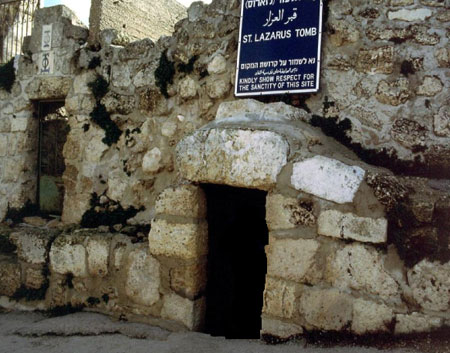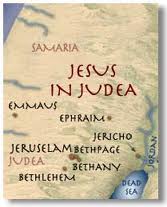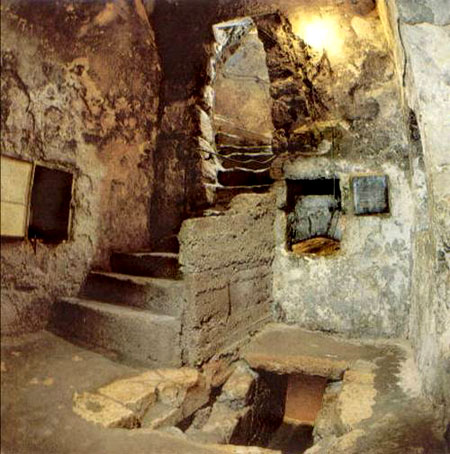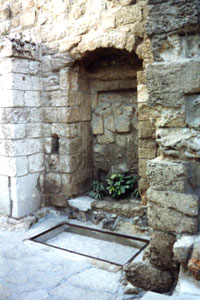
Kathisma from the Matins of Holy Monday
Tone 8. The Wisdom and Word.
The present day is resplendent with the first fruits of the Lord’s sufferings. Come then, lovers of feasts, let us meet it with songs; for the Creator is coming to accept Cross, afflictions and scourges, as he is judged by Pilate; therefore too, struck on the face by a slave, he endures all that he may save humankind. And so let us cry aloud to him: Lover of humankind, Christ our God, grant forgiveness of offences to those who with faith worship your most pure sufferings.











